Her connection to Mumbai local trains is so innate, one that has seen her through the vicissitudes of life. She started her journey as a beggar, mostly in the ladies compartment, circumventing the unforgiving glares from men in the general compartment, and now returns as arguably India’s first trans freelance photojournalist.
On meeting Zoya Thomas Lobo, you are instantly aware of the confidence she exuberates. Her eyes outlined dark with kajal, her shiny golden earrings and thick chain and tiny handbag that matches her outfit shows off her keen fashion sense. And as she begins narrating her story in English, though she fumbles and stammers, one can only admire her fervour for communicating.
“I dropped out of a Convent school in Class 5, but I grew up in a Christian community, so I picked up the language from them,” says the 27-year-old.
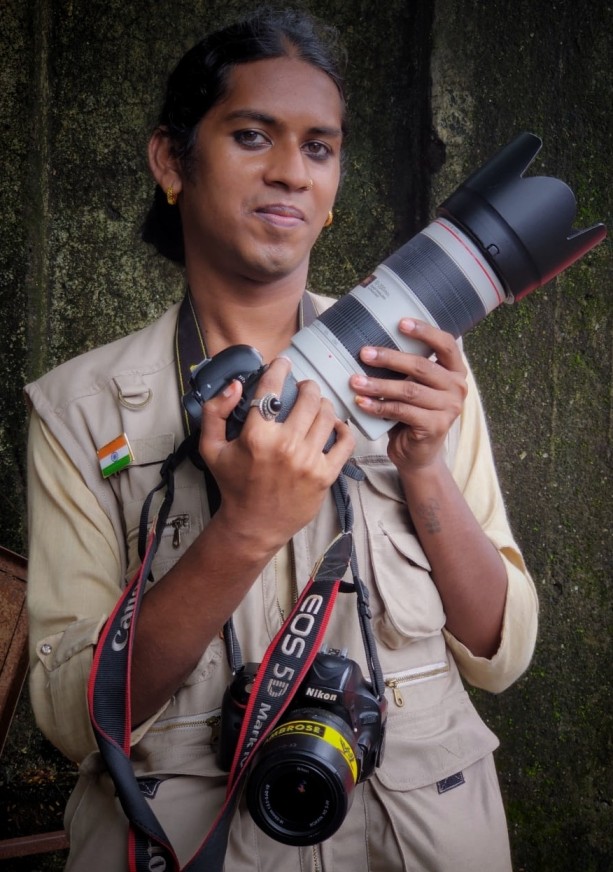
Growing up in Mahim’s Kapad Bazar, not too far from the railway lines, with a single mother, who was widowed early on and left to raise two kids, must not have been easy.
“At 11, I knew I was different from other boys. But I couldn’t talk to anyone for fear of being scolded. We used to shift from one area to another area of Mahim, and that’s when I met a few friends who I was comfortable enough with to come out to as gay,” says the young photojournalist.
“When I turned 17, I met my Guru, Salma, who recognised me as a transgender person. She introduced me to her group, and I felt immediately accepted as one of them,” she says, admitting that she was christened ‘Zoya’ by her Guru.
A Guru, Zoya says, is someone who takes you under their wing, almost like a ‘motherly figure’, who teaches you everything they know about the community, the language and also things like ‘how to clap’.
Recalling her first time begging on a train, Zoya says, “When my [birth] mom came to know that I had joined a group and found a Guru, she was worried that I might fall prey to sex work, but I assured her that I would beg for money and wouldn’t sell myself. She travelled with me and observed me the entire time. After that, she was distraught for a whole month, but later, she accepted me.”
“I used to beg for my bread and butter. Trans people do not get a chance to have an occupation. So that was my only source of earning,” she adds.
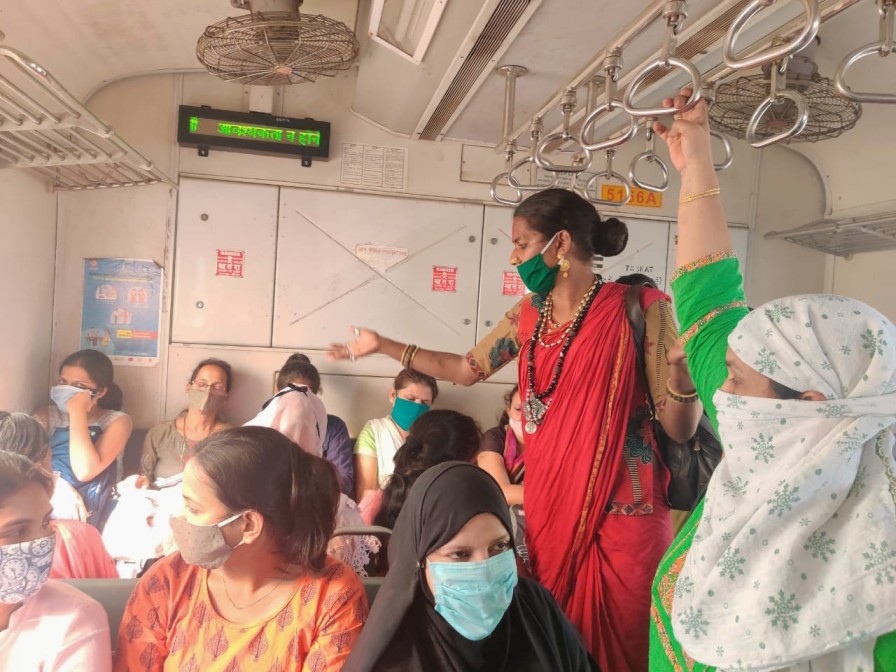
After her mother passed away in 2016, she continued to beg in trains till 2018. “This pandemic has made me forget my usual train timings,” she laughs, adding, “During the day, I would roam the ladies’ compartments between the stations from Khar to Santacruz, and in the evenings, I would take a train from Bandra to Mahim and Matunga, go back towards Malad and return.”
She would be wary of staying back too late or entering the trains too early for fear of the police, who would fine her a sum of Rs 1,200. Lunch between train journeys would consist of vada pavs, street carts selling Chinese, and she would treat herself to a ‘proper meal’ of a Thali on better days.
She lights up when remembering her earnings during festivals that amount up to Rs 1,500, and other days she would earn just Rs 500-Rs 800.
Zoya had been begging in the local trains for almost a decade before she got her big break as a recognised photojournalist in 2020, once again while travelling in the local trains. “My journey as a photojournalist started from the local trains when I was travelling and saw hundreds of migrant labourers protesting outside Bandra station last year. I quickly ran home, got my camera and clicked those pictures. That’s how my pictures were picked up by bigger publications who first heard of my name,” she says.
Views From Behind The Lens
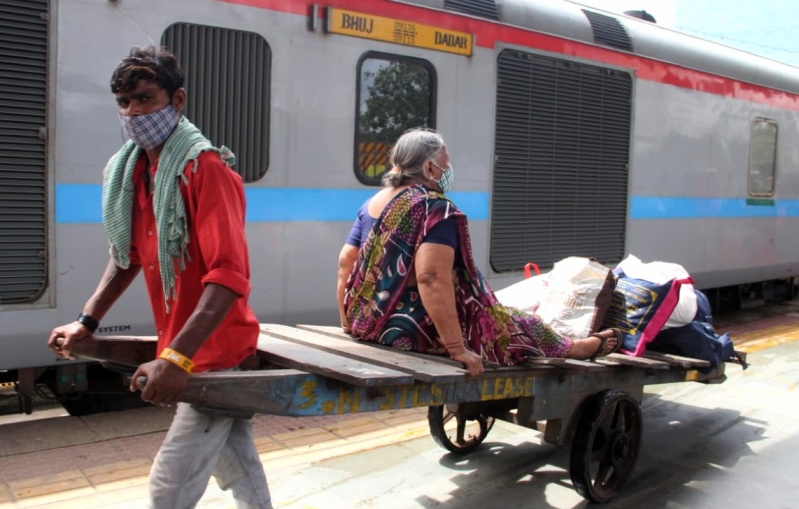
From the crowded lanes of her home in Bandra’s Lal Mitti area, Zoya gets up as early as 4 am to take a walk on the sleepy streets of Bandra Reclamation and Bandstand.
Whiling away time one day in 2018, watching Hijra Shap ki Vardaan Part 1 on YouTube, she pointed out inaccuracies in the comments section, which led her to act in the film’s sequel and win an award for her performance too.
“The film industry blatantly casts men and women as transgender people, dressing them in saris, when there are trans people without jobs. The plot then loses its authenticity,” Zoya vehemently states, urging casting directors to turn their gaze towards the community.
The rest of her life unfolded smoothly.
The film amassed over 4 million views on YouTube. At an award ceremony for the film, her speech got her noticed by a representative of a local college media agency, who offered her a reporter’s job later that year.
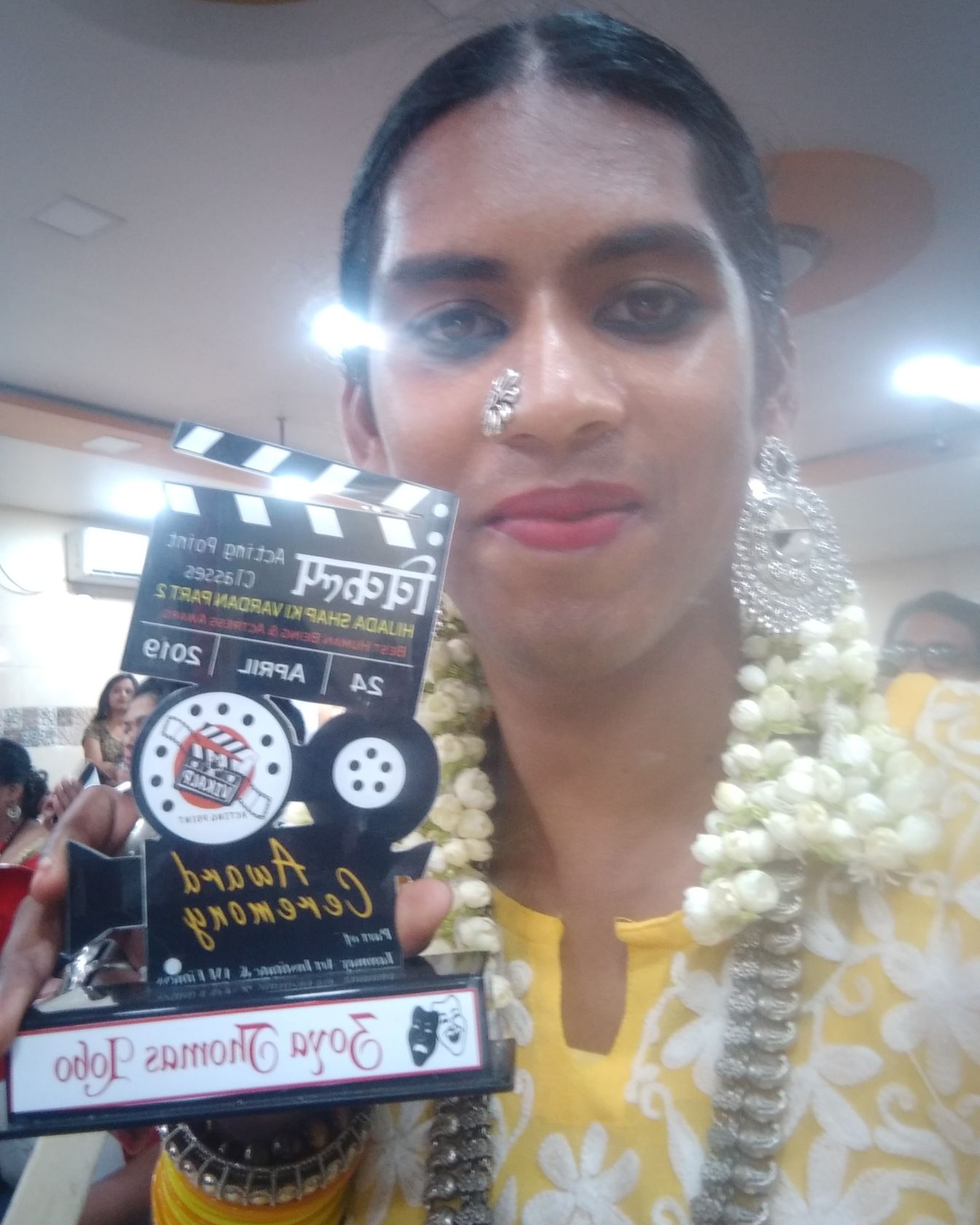
“I was a press card holder who didn’t know what I needed to do. So I continued to beg on the local trains,” Zoya says, adding, “The money I earned from begging, I had collected about Rs 30,000 till that point, is what enabled me to buy my first second-hand camera from CST, Bora Bazar [Mumbai],” she says.
Later in 2019, a chance encounter with an experienced photographer set her on the right path. “My coverage for a ‘pink’ rally, where transgender people were protesting their equal rights, is when I noticed Divyakant Solanki, a senior photojournalist for EPA [European Pressphoto Agency],” she says, adding, it was Divyakant who taught her the nuances of photojournalism.
Her Instagram, with a fan-following of over 1,500, is a mix of wildlife photos like monkeys and birds, and more recently, she has showcased poignant photographs depicting life in a pandemic.
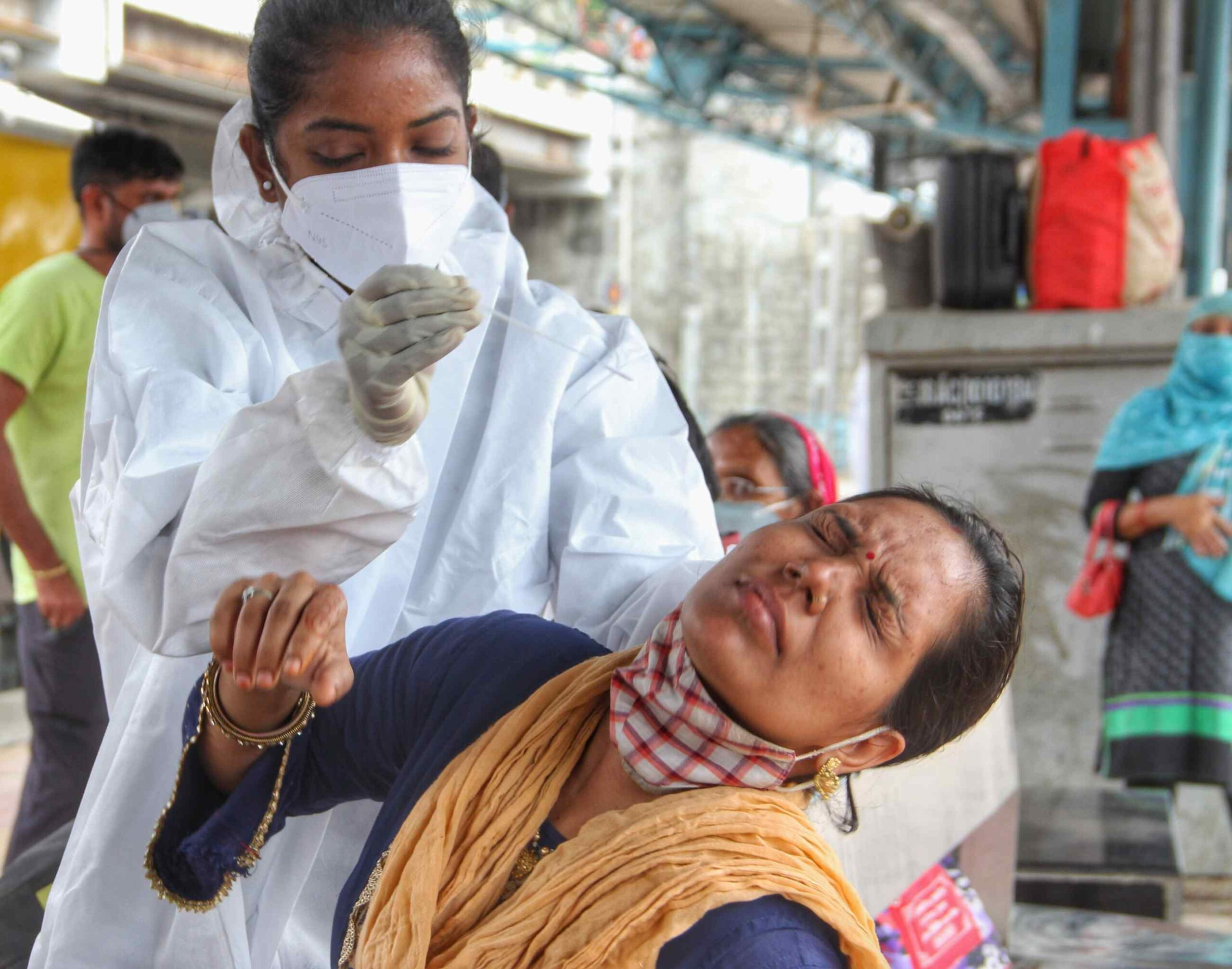
Zoya and her elder sister, who were rather close while growing up, fell out when Zoya came out as trans. “But now she recognises my work and is proud of me,” adds Zoya.
But today, even after receiving her fair share of accolades and recognition, she still resorts to alms from different shops.
Asked if she has plans to go back to school, she says she would if there was a change in the educational system. “Children don’t know what transgender people are. They’re only taught about the male and female gender, but there’s no discussion about us [trans people],” Zoya says.
“My only hope is that future trans persons will not be abandoned by their families but loved. This will help in keeping more trans people off the streets,” she concludes with a smile.
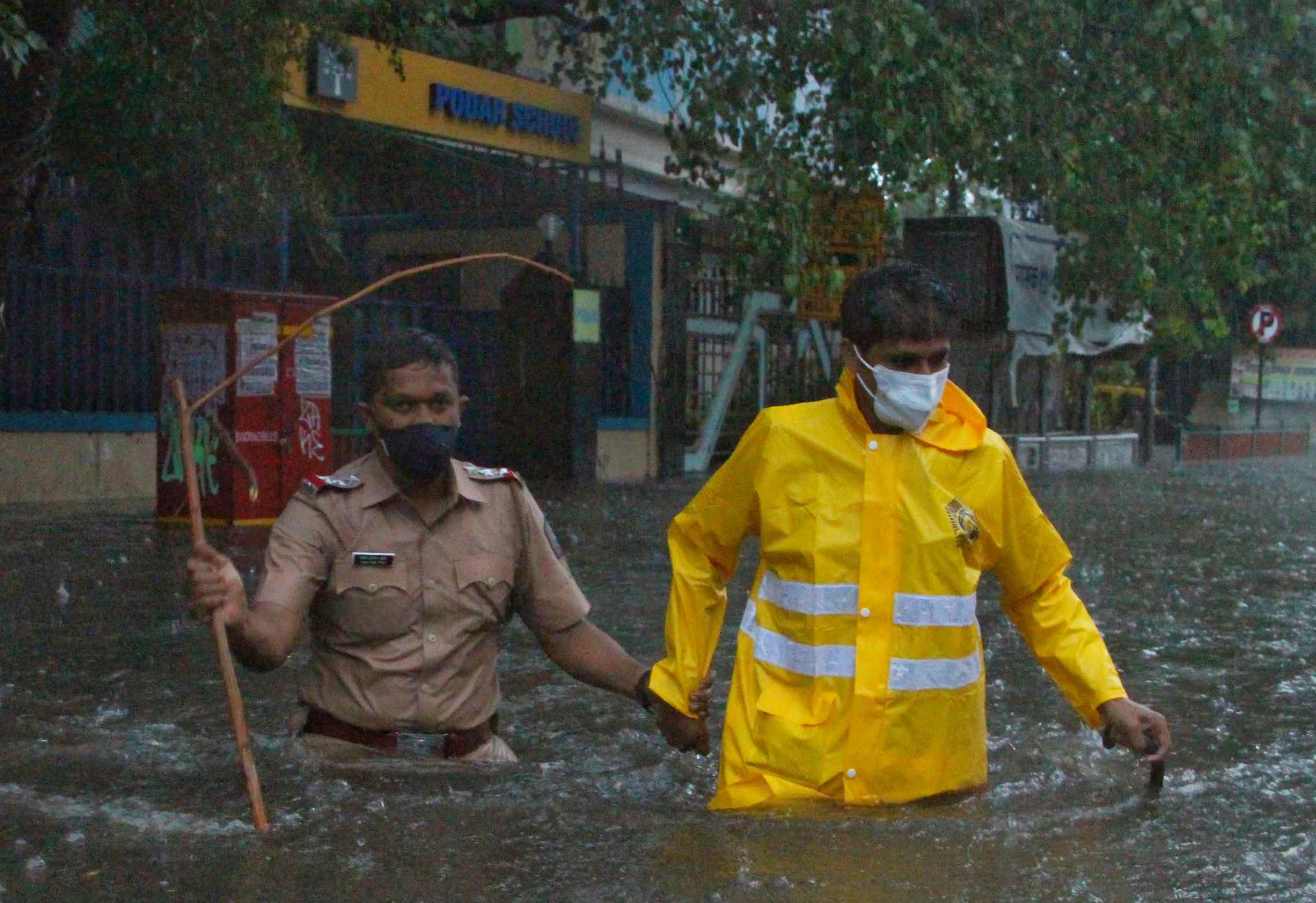
(Edited by Vinayak Hegde)
No comments:
Post a Comment